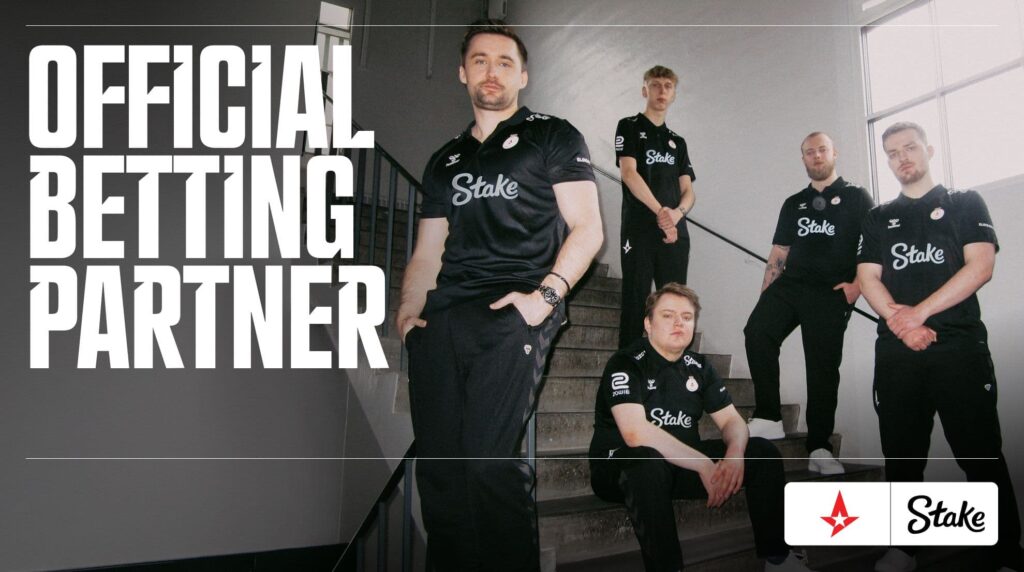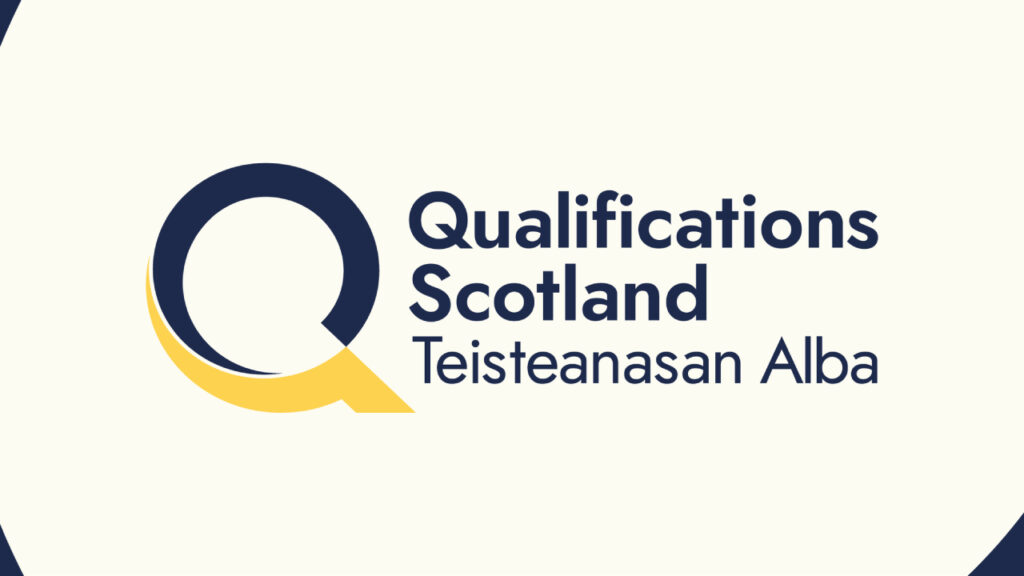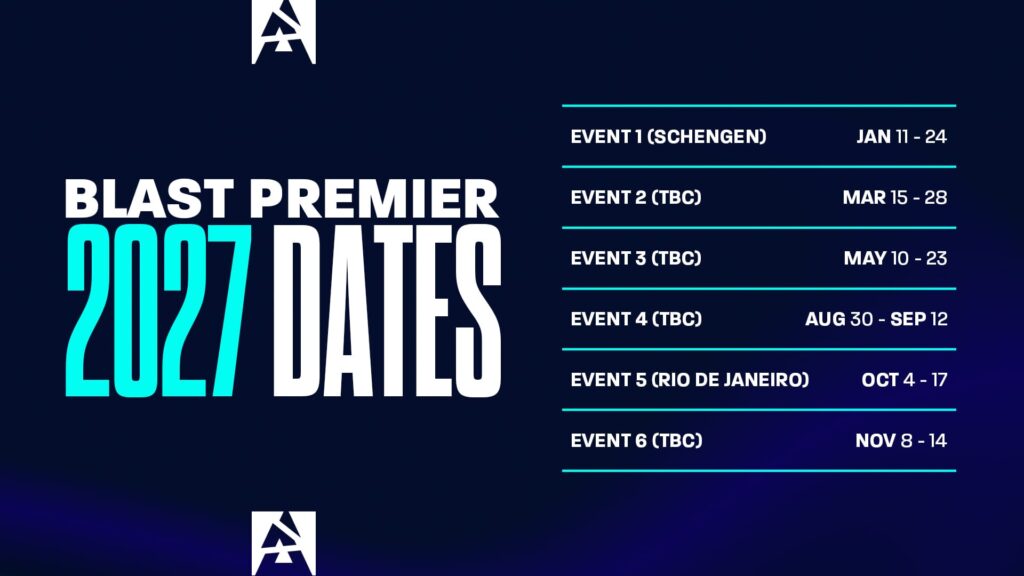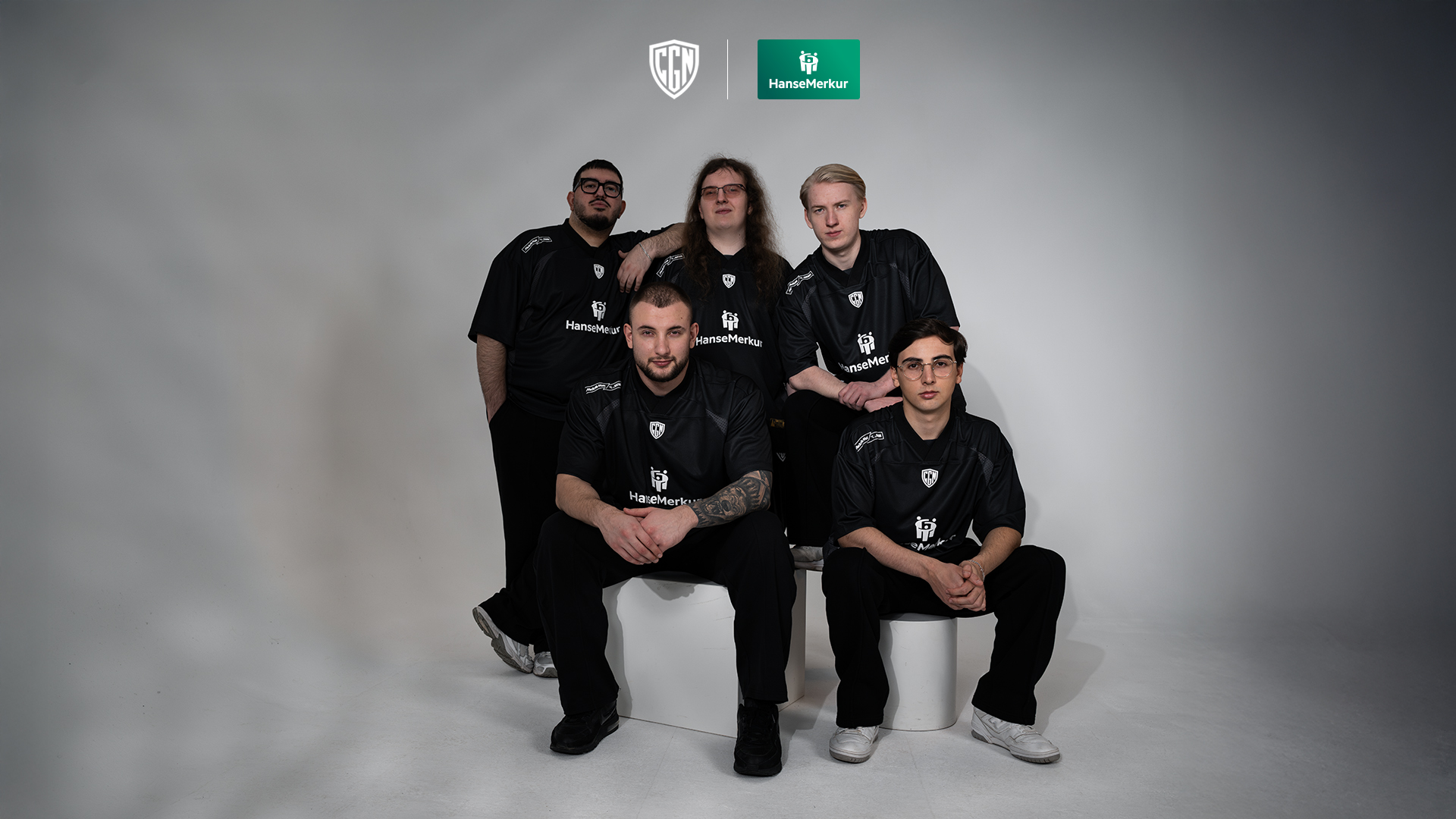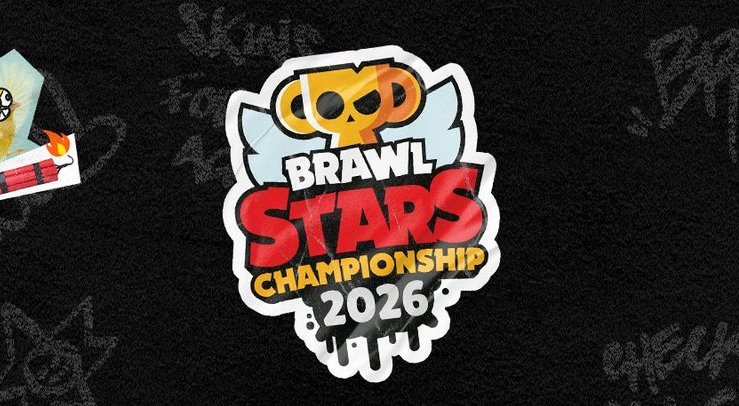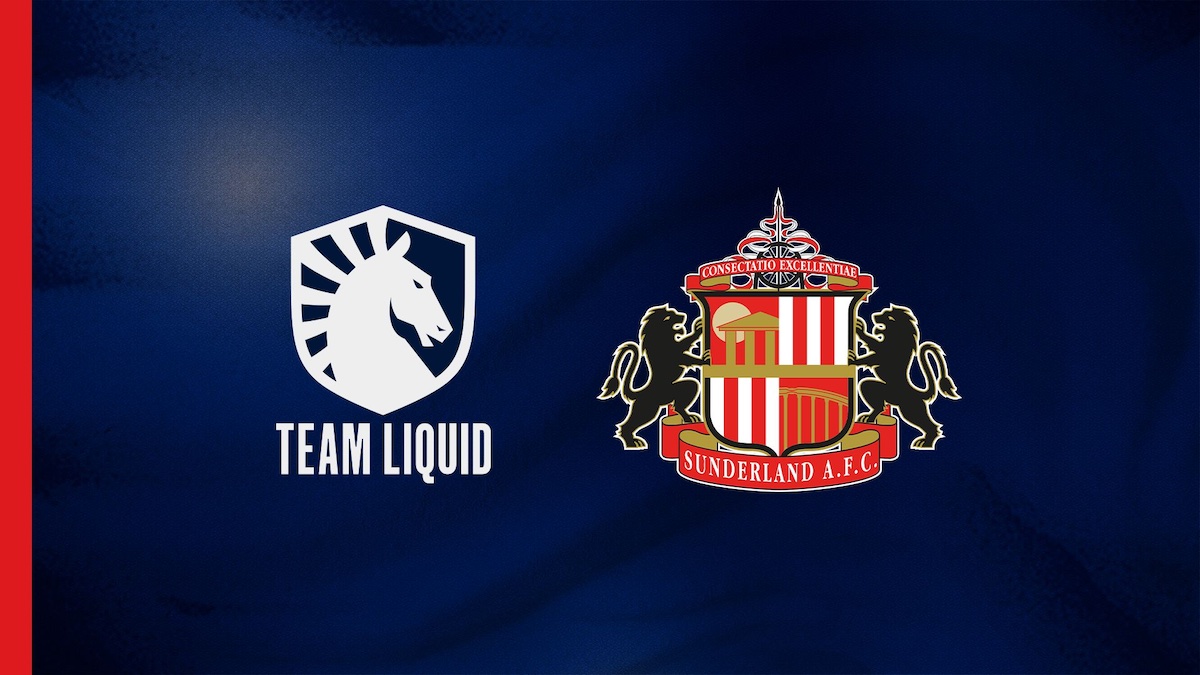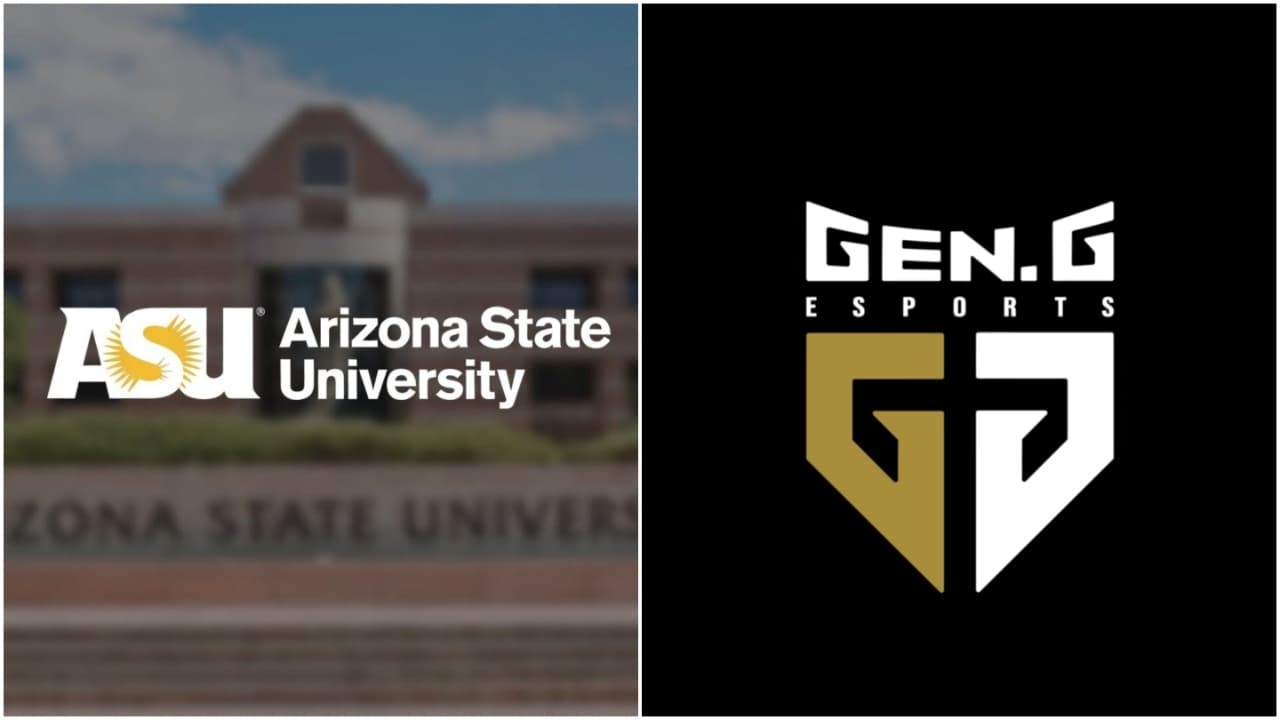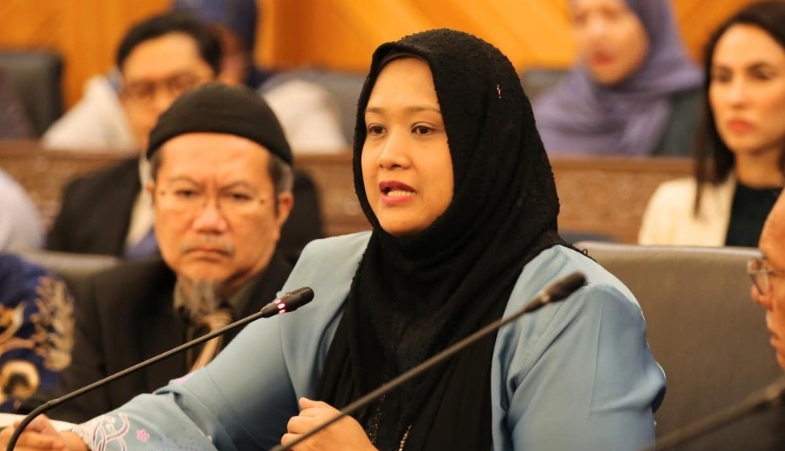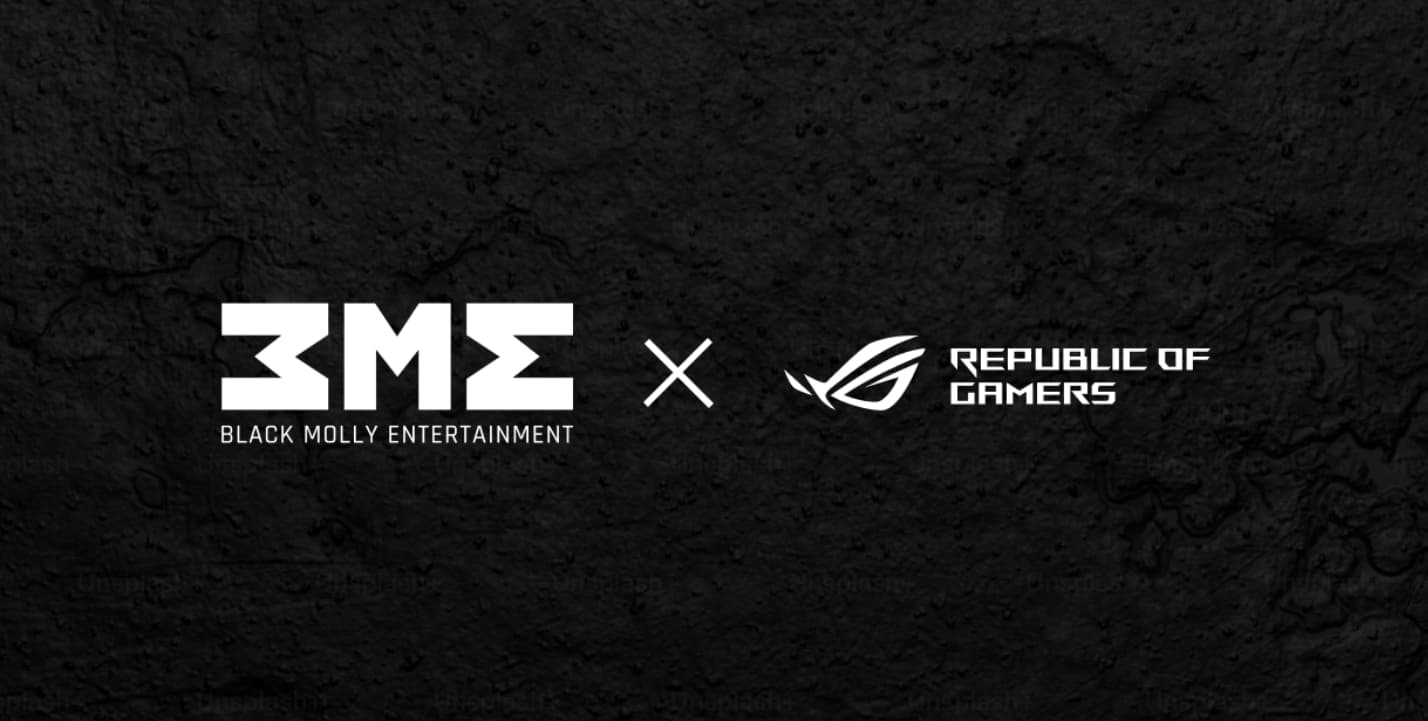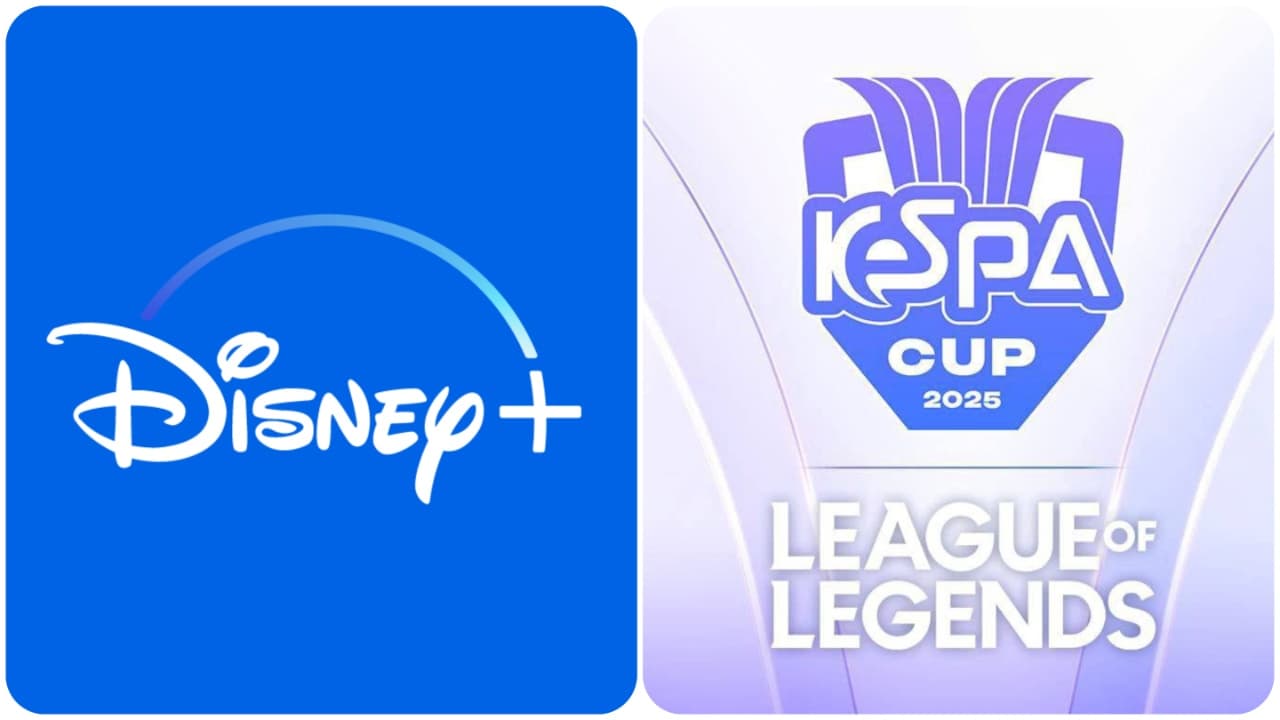On 30 July, Colombia’s President, Gustavo Petro, has sanctioned a law formally recognising esports as an official form of sport in the country, integrating it into the National Sports System under Law 181 of 1995. The legislation aims to regulate and promote the development of esports in an organised manner, protect players, and encourage values traditionally associated with sport.
While the legislation establishes a regulatory and developmental framework for esports, it does not set out explicit rules for dealing with game publishers. Matters such as licensing agreements, intellectual property rights, or formal cooperation terms between organisers and publishers are not addressed directly. Instead, the law focuses on competition standards — for example, prohibiting “pay-to-win” mechanics in sanctioned events — and on regulatory oversight for in-game currencies, betting, and related transactions. As a result, relationships with publishers will continue to be governed by existing commercial agreements and intellectual property laws rather than by specific esports legislation.
The law defines esports as competitive activities, either amateur or professional, conducted through video games using technological devices such as consoles, mobile phones or computers. Competitions can be individual or team-based and must follow established rules. Titles used in esports competitions must ensure fair play by prohibiting “pay-to-win” mechanisms, meaning success should rely solely on the players’ skill.
The Ministry of Sport will be responsible for updating regulations, creating specific guidelines for esports practice, and facilitating the formation of federations, leagues, clubs and competitions. This process must be completed within six months of the law’s entry into force, with support from academia, industry, civil society and subject-matter experts. Existing esports organisations will need to comply with current sports regulations within 12 months.
The legislation also mandates that esports be promoted as a healthy and inclusive activity. This includes encouraging civic values, mental and physical well-being, socialisation, economic opportunities, and the responsible use of leisure time. Government agencies at the national, departmental and municipal levels are authorised to allocate budgetary resources for esports development and to implement community initiatives, particularly in rural and economically vulnerable areas.
Inter-ministerial cooperation is a key feature of the law. The Ministry of Sport will work with the Ministry of Cultures, Arts and Knowledge; the Ministry of Information and Communications Technologies; and the Ministry of Education to promote and protect esports. These bodies are also tasked with fostering the development of related software, hardware, video games and technology, as well as creating health and safety guidelines to address issues such as addiction prevention, mental health, and physical activity for gamers.
The law establishes measures to ensure equitable access, including the creation of community centres with the necessary technology to support esports practice. Funding for these initiatives must not reduce budgets for traditional sports. The government is also required to implement monitoring systems, report on the law’s impact every two years, and develop regulatory frameworks for areas such as in-game currencies, online betting and related transactions.
The Colombian Esports Federation (FEDECOL) marked the occasion on its X account. No publisher has issued a statement regarding the law so far.




